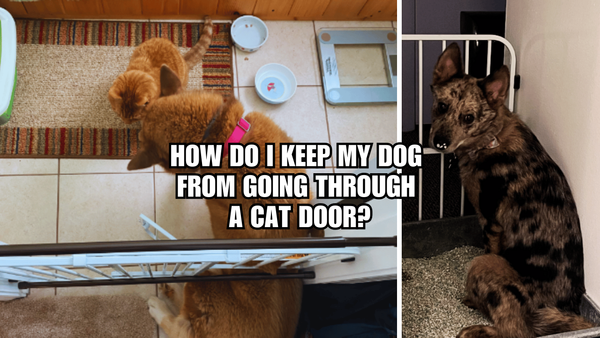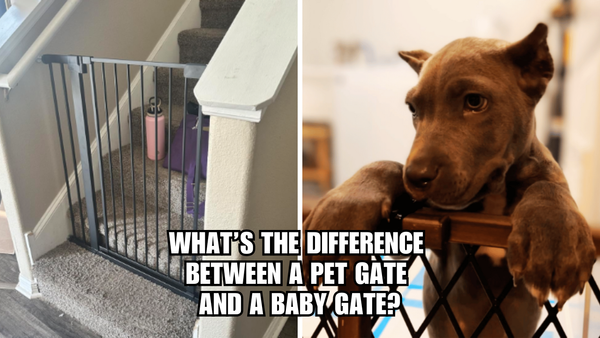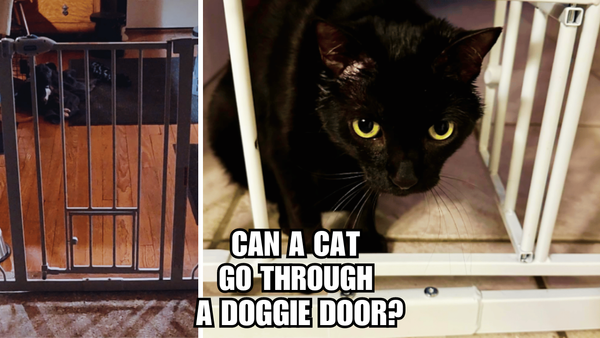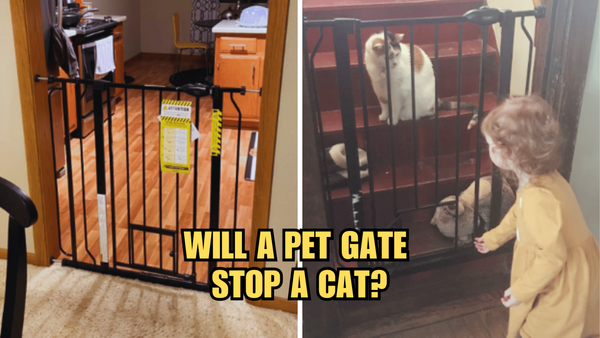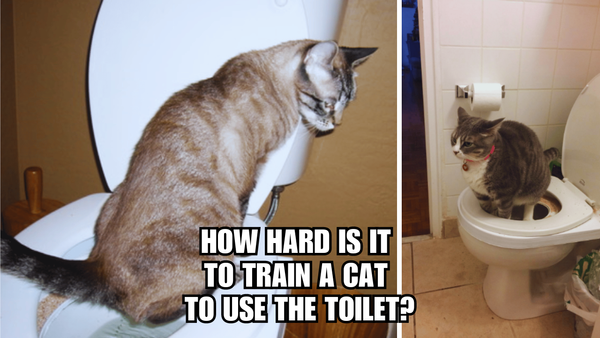Cats are curious creatures, often getting into things they shouldn't. As a cat owner, you might have witnessed your feline friend playing with toilet paper, and sometimes, that playtime can lead to ingestion. If you're concerned about "what happens if my cat ate a small piece of toilet paper," you're in the right place to get informed.
Key Takeaways:
- Understanding the potential risks of a cat eating toilet paper.
- Recognizing signs of foreign body obstruction and when to seek veterinary care.
- Preventative measures to keep your cat safe from eating non-food items.
Cats eating strange things is not uncommon, and many cats have a bad habit of chewing on non-food items, including toilet paper. While it might seem harmless, eating paper can lead to health problems, and in some cases, it can be a potentially life-threatening condition.
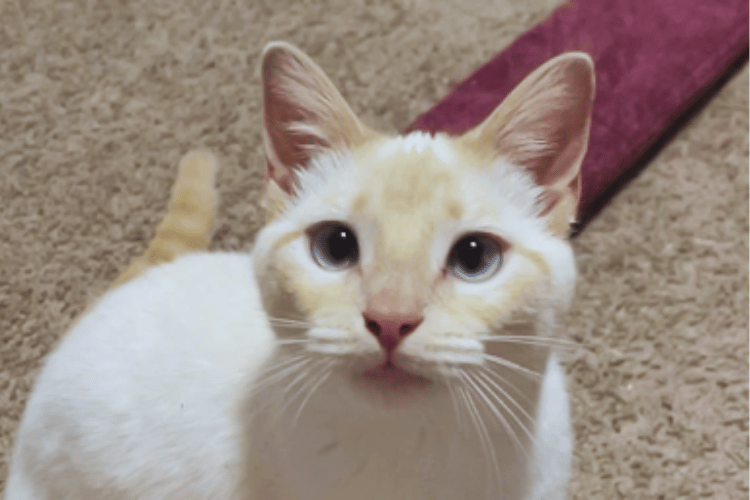
When Cats Explore: The Curiosity of Eating Paper
Cats, especially young cats and kittens, are known for their playful and exploratory behavior. They often find the smell and texture of toilet paper intriguing, leading them to chew and sometimes swallow pieces of it. While many cats may simply play with toilet paper, others may develop a habit of eating paper, which can include paper towels, tissue, and even cardboard boxes.
The Digestive Journey: What Happens Inside?
Once a cat swallows a piece of toilet paper, it enters the stomach and moves through the intestinal tract. In most cases, if the piece is small, it will pass through the digestive tract without causing any issues. The cat's stomach acid and digestive process will typically break down the paper, and it will eventually be eliminated in the cat's feces.
The Risk of Foreign Body Obstruction
However, eating large amounts of toilet paper or other items can lead to a foreign body obstruction. This is a serious condition where the ingested material gets stuck in the stomach or intestines, blocking the passage of food and potentially cutting off the blood supply to the affected area. Signs of an obstruction include vomiting, lack of appetite, pain, and changes in behavior.
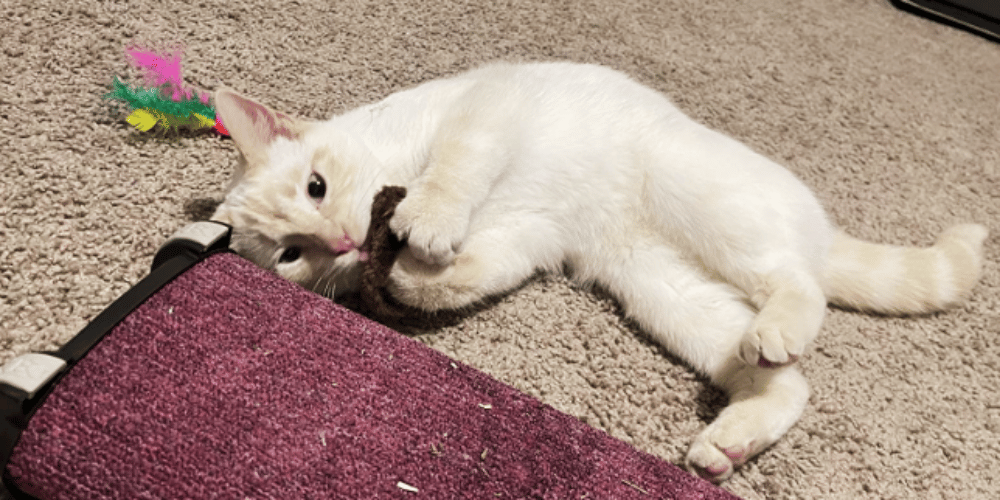
Understanding Foreign Body Ingestion in Cats
Cats are notorious for their playful and inquisitive nature, often leading them to nibble on a variety of objects around the house. When a cat decides to eat paper or other non-food items, this can lead to a condition known as foreign body ingestion. This is not just limited to paper products; cats may also be tempted by things like q-tips, thread, or even small toys. As cat owners, it's crucial to understand that while it might seem fun or harmless, these items can cause serious health issues if ingested.
Foreign bodies can lead to potentially life-threatening conditions, especially if they cause an obstruction in the digestive tract. If your cat swallows thread, for instance, it can lead to a linear foreign body, a dangerous situation where the thread can saw through the intestinal walls. It's essential to keep an eye on what your pets have access to and to ensure that small, easily ingested items are kept out of reach. If you suspect your cat has eaten something they shouldn't have, a vet visit is necessary to assess the situation.
The Intricacies of Pica: Non-Food Items and Your Cat's Health
Cats are known for their quirky behaviors, but when they start munching on non-food items like toilet paper, it could be a sign of a condition known as pica. Pica in animals, including our feline friends, is characterized by the compulsion to eat objects that aren't typically considered food. This can range from fabric to plastic and, yes, even toilet paper. While the occasional nibble might not be harmful, consistent consumption of these items can lead to a potentially life-threatening condition if it causes an intestinal blockage.
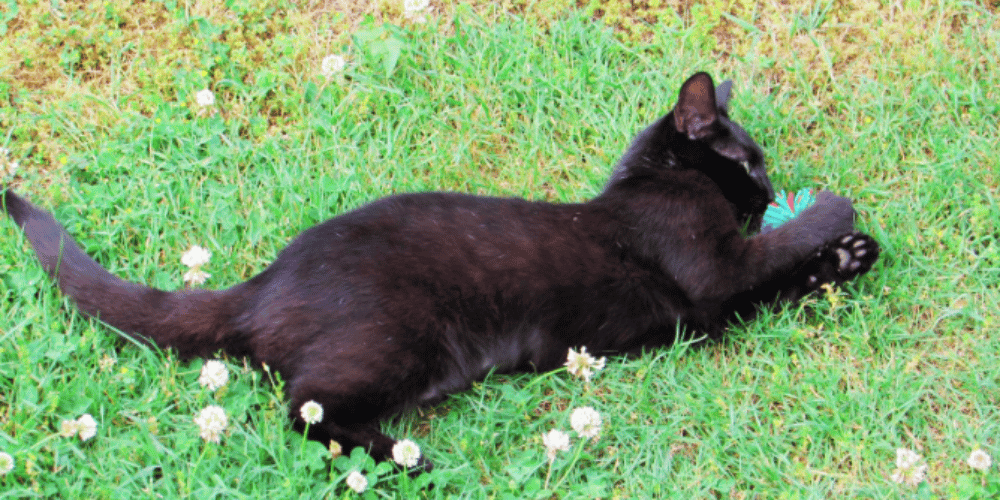
Understanding why cats engage in eating non-food items is crucial for their health and well-being. Pica can stem from various factors such as dietary deficiencies, boredom, or even stress. It's important to observe your cat's behavior and take note of any patterns that might suggest pica. If you find your cat is frequently drawn to objects like q-tips, strings, or paper, it's time to consult with a veterinarian. They can help determine if there are other causes behind this behavior and recommend appropriate interventions.
Diagnostic Measures: X-Rays and Beyond
When you suspect your cat has ingested something they shouldn't have, it's essential to seek veterinary care promptly. The vet may suggest diagnostic measures such as x-rays to get a clear picture of what's happening inside your cat's body. X-rays can reveal the presence of foreign objects in the digestive tract and help the vet assess the situation's severity. If an obstruction is detected, immediate action may be required to prevent serious complications or even save your cat's life.
After the initial examination and any necessary emergency treatment, follow-up care is critical to ensure your cat's recovery and prevent future incidents. Your vet might recommend a follow-up x-ray to confirm that the object has passed through the system or to check for any residual complications. Additionally, they'll likely discuss long-term strategies to discourage your cat from eating inappropriate items. This could involve changes to their environment, diet, or routine to keep their mouth busy with more suitable alternatives.
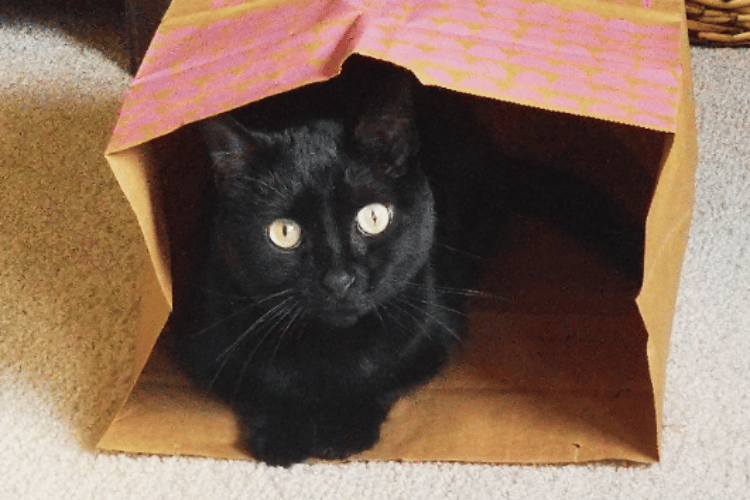
Monitoring Your Cat After an Incident
After your cat has ingested a foreign object like a paper towel or other non-food items, close monitoring is key. As a responsible cat owner, you'll want to watch for signs of distress, such as vomiting, lethargy, or a lack of appetite. These symptoms may indicate that the foreign body is causing an obstruction or irritation. It's also important to note that while dogs might pass foreign objects more easily, cats have a narrower digestive tract, making it more dangerous for them.
Follow-up care with your vet is crucial. They may recommend x-rays or other diagnostic tests to determine if the foreign object has passed or if it's causing a blockage. In some cases, surgery may be necessary to remove the item. Remember, prevention is always better than cure, so after such an incident, take steps to cat-proof your home and keep an eye on your kitten or adult cat to prevent future occurrences. Always keep the vet's number handy for quick advice or to schedule an urgent appointment if needed.
Recognizing the Signs of Trouble
If your cat has eaten toilet paper and is showing signs of distress, such as vomiting, lack of appetite, or unusual behavior, it's crucial to seek veterinary care. These symptoms could indicate a foreign body obstruction or other related health problems. Your veterinarian may perform x-rays, urine tests, or blood tests to diagnose the issue.
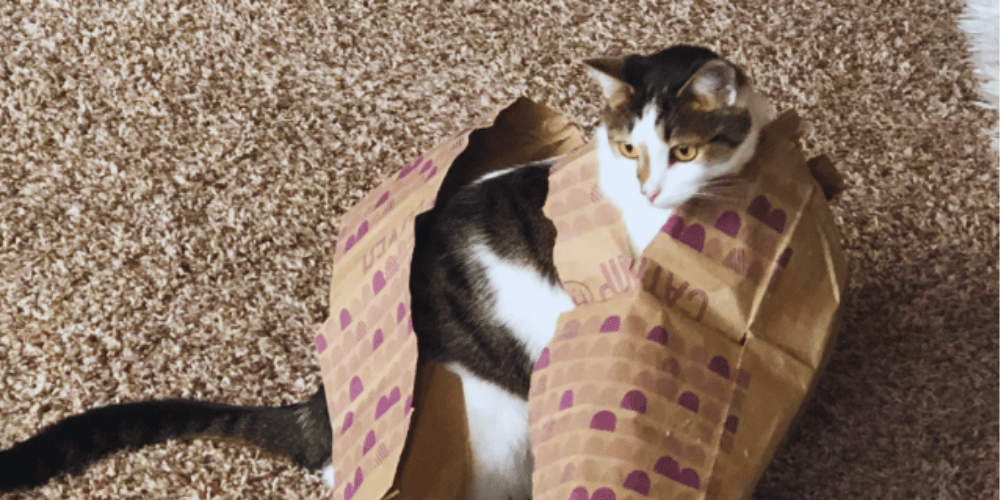
The Role of Nutrition and Health
Sometimes, eating non-food items like toilet paper can be related to a nutritional deficiency or hormonal diseases. Cats may eat strange things if their diet lacks certain nutrients or if they have an underlying health condition. It's important to feed your cat high-quality cat food to ensure they receive all the necessary nutrients.
Preventative Measures: Keeping Your Cat Safe
To prevent your cat from eating toilet paper, keep the bathroom door closed and store toilet paper out of reach. Provide plenty of toys and activities to keep your cat entertained and discourage them from chewing on inappropriate items. If your cat has a habit of eating things like q-tips or plastic, it's essential to keep these items secured as well.
The Importance of Close Observation and Follow-Up
After your cat has eaten toilet paper, close observation is key. Monitor your cat's behavior, appetite, and litter box activity. If you notice any changes or if your cat is not passing the tissue, contact your veterinarian for a follow-up. Early detection and treatment can prevent more severe health issues.
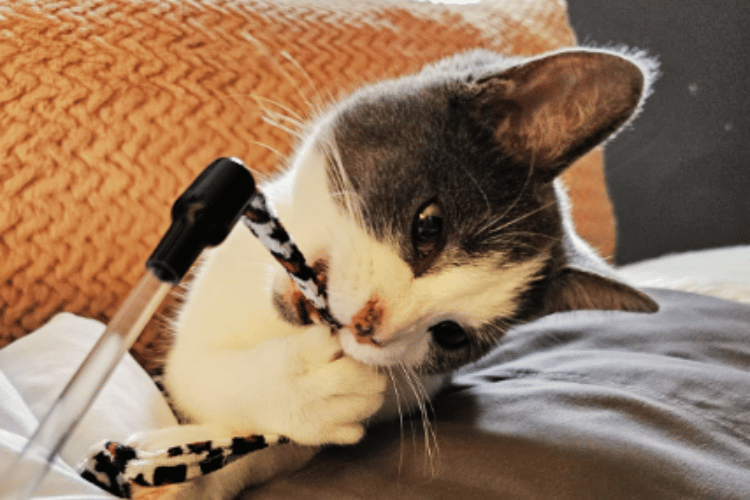
Summary
In summary, if your cat ate a small piece of toilet paper, it might not be a cause for immediate alarm. However, it's essential to monitor your cat for any signs of digestive issues or foreign body obstruction. Ensure your cat's diet is complete and balanced, and take preventative measures to keep non-food items out of reach. If you notice any concerning symptoms, seek veterinary care promptly.
FAQ Section
Q: What should I do if my cat ate a small piece of toilet paper? A: Keep an eye on your cat for any signs of discomfort or changes in behavior. Ensure they have access to fresh water and monitor their feces for the passed paper. If you notice any symptoms like vomiting, pain, or loss of appetite, contact your veterinarian.
Q: Can eating toilet paper lead to serious health problems for my cat? A: While a small piece of toilet paper may pass through without issue, eating large amounts or eating paper frequently can lead to foreign body obstruction, which is a potentially life-threatening condition. Always consult with your veterinarian if you're concerned.
Q: How can I prevent my cat from eating toilet paper and other non-food items? A: Keep the bathroom door closed and toilet paper out of reach. Provide your cat with plenty of appropriate toys and activities to keep them occupied. If the behavior persists, discuss it with your veterinarian, as it could be a sign of a nutritional deficiency or other health problems.
Thank you for visiting LegitLists we hope this helps you make a legitimate choice!


